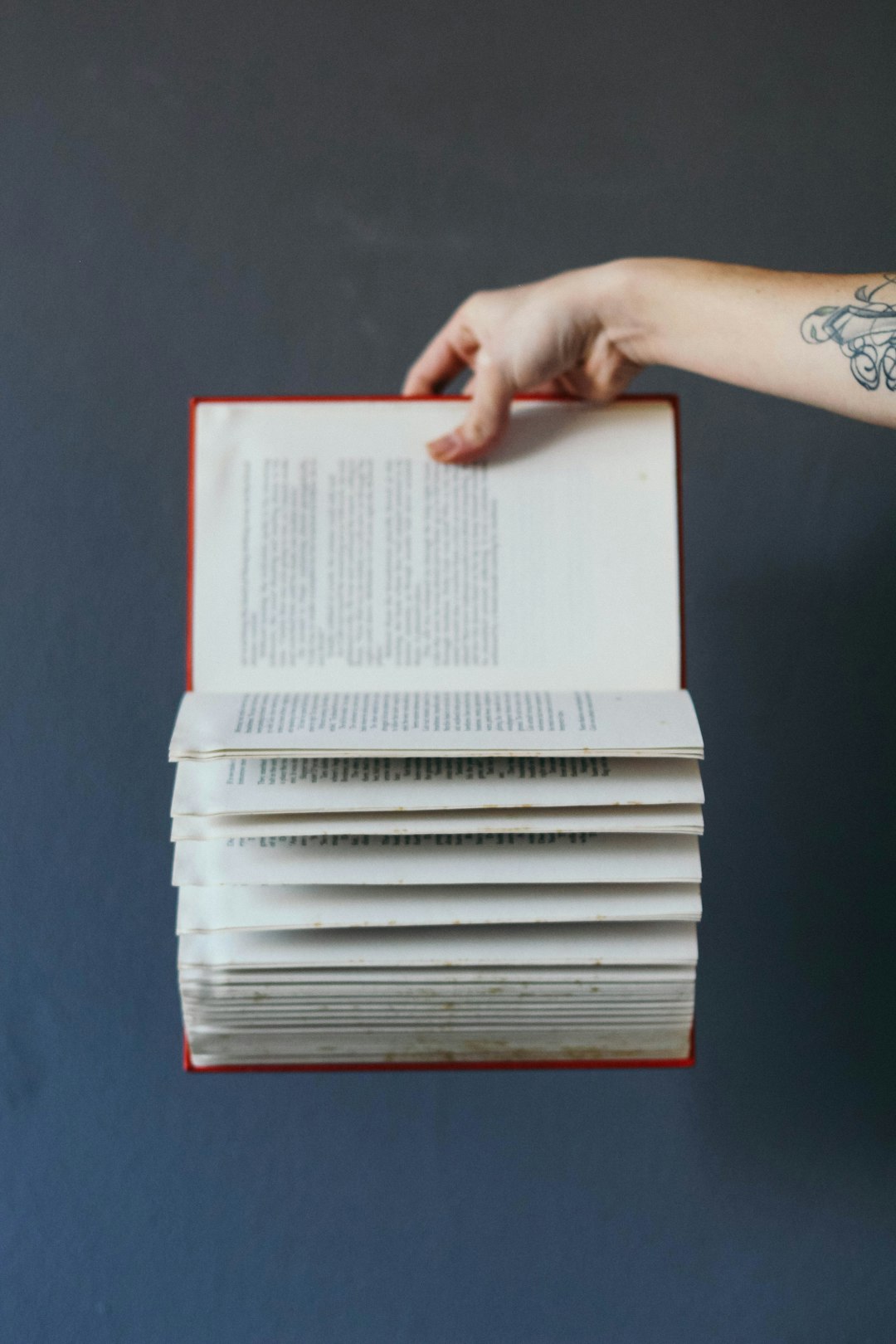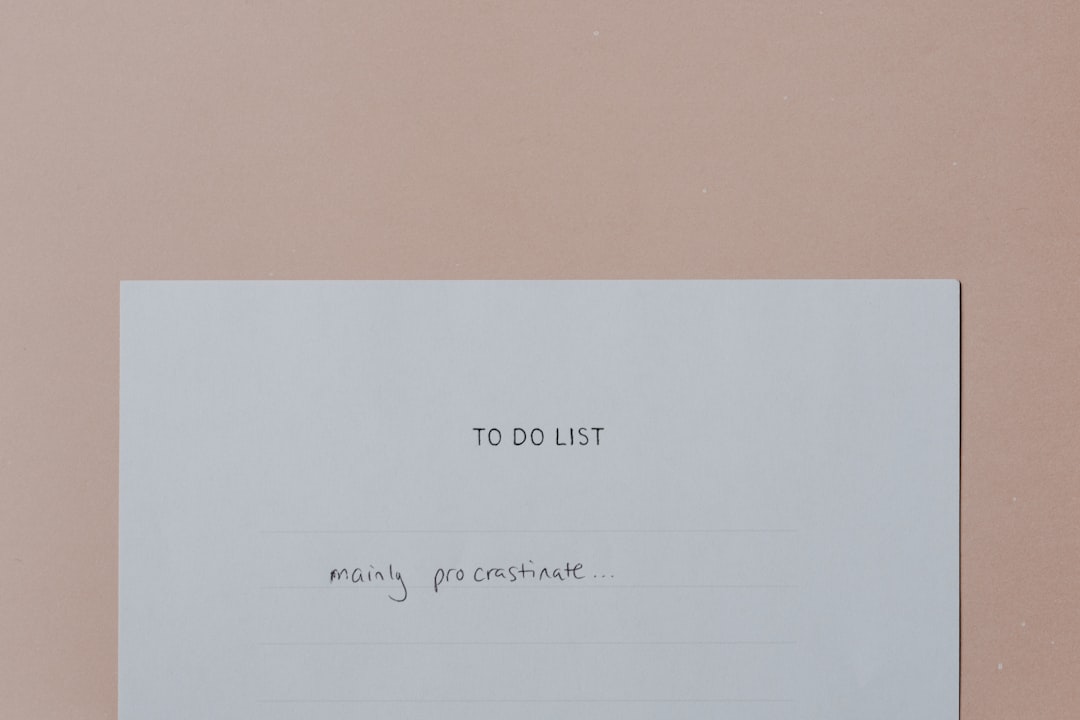When You Just Don’t Feel Like Reading
Why Book Fatigue Sometimes Saps Our Drive, Plus 3 Easy Ways to Regain Your Mojo—Including Audiobooks
I was recently afflicted with an unnamed illness. Cold, flu, COVID? I don’t know. But lethargy sapped my will to do much of anything. I felt as if my entire body weighed more than usual, my shoulders too heavy to keep up. Everything moved slowly, including my brain.
Thankfully, I slept a bunch because otherwise I was bored to death and unable to sustain my attention for long. I thought about reading, tried reading. But books mocked me. I couldn’t get more than a page or two.
I finally opted for a couple of cheery, uplifting movies: Arrival and The Assassination of Jesse James by the Coward Robert Ford. Better than nothing.

I don’t mind movies now and then; I probably see one or two a month. Otherwise, I’m nose deep in a book, or writing about whatever I just finished reading. I’m a voracious reader. It’s my primary hobby—along with writing and walking.
Some people bike, golf, or play pickle ball. Good for them. Different strokes and all that. I’ll just be over here with my book. That is, right up until it starts laughing at my ineptitude.
Book Fatigue and Reading Slumps
You wouldn’t know it from book sales—industry revenues received a nice bump in 2020 and even improved through 2021—but many people experienced something like this during the COVID lockdowns. And book fatigue wasn’t simply the result of acute symptoms from the illness; it was a response to chronic stress and anxiety, which appreciably worsened during the pandemic.
“When I finally looked toward my bookshelves,” remembered Katherine May about the time, “I found that the desire to read had evaporated. . . . If I opened a book, my eyes glanced off the page as if the words were resistant to my attention. I felt physically unable to intercept the language.”
A beautiful description of what is, for serious readers, a terrible affliction. Here’s May again:
It’s hard to fathom the loss this represented for me: not just a hobby but a whole identity, a way of moving through the world. Bookish is a blood type; it is a nationality, and I was exiled. The guilt was immense.
It’s an unsettling feeling: Wanting to read, since it’s what you normally do, who you essentially are, but then realizing another part of you—perhaps the motive or volitional part—just can’t work up the curiosity or the energy, or sustain them long enough to “intercept the language.”

Nor do we require events as extreme as a pandemic to prompt this response. Jeffrey Davies defines a reading slump as “when I just can’t bring myself to be in the right frame of mind for any of the books on my TBR list. . . .”
Sometimes we’re simply harried and wearied by life. We read, in part, to shape our emotional landscape. Books offer us both perspective on our experiences and temporary escape from them. So to have a primary self-care tool suddenly stop working presents its own source of frustration. Then what?
Right Frame of Mind
One answer is to simply give yourself a pass and go with it for a while. Take off the pressure to read anything. Watch some movies, go for a hike, hang out with friends. The TBR pile was made for man, not man for the TBR pile (to borrow a line from Jesus). There’s no harm in doing something different. May actually went so far as to get rid of her entire stack of accusing books.
But there are surely less severe cases and less severe steps we might try first. Nor does not reading really work if we truly want to read but simply can’t, as Davies said, bring ourselves into the “right frame of mind.”
So, what can we do? Since a key part of the problem is captured by Davies’s “right frame of mind” observation, that’s where we should turn for answers.
Reading is a task as much as it is a pleasure, and that means, according to the research of Gloria Mark, it assumes a certain set of cognitive processes and expectations—Davies’s frame of mind. The experience of book fatigue involves imagining and anticipating that frame of mind and being repulsed for one reason or another. It’s essentially a form of procrastination.

But not all reading is the same. We can change the nature of the task—and our impulse to put it off—by tweaking the cognitive processes and expectations that go along with it. How?
3 Easy Ways to Regain Your Mojo
Here are three suggestions for responding to book fatigue and edging back toward a reading frame of mind.
Change it up. If we largely read one genre, we can try another. If we mostly read nonfiction, we can swap it for fiction—or vice versa. Changing our environment can help as well. Since predictability is part of the disinterest or dread that leads to book fatigue (thanks to those cognitive processes and expectations), the further afield we roam in either literary or locational terms, the greater the impact the change can have on our cognitive state; the alteration engages our mind in surprising unexpected ways.
Read short, read small. If we’re anticipating a slog—and everything feels like a slog when we’re in a slump—working up the energy to read can be too much. But that’s what essays, short stories, humor sketches, even poetry are for. If you get a satisfying payoff for minimal effort, you’re more likely to keep going. I’ve found reading a bit of poetry to be life-giving. May also leveraged this method. “I coaxed back my appetite with bite-size pieces, essays and chapters, stories and poems,” she said.
Try audiobooks. This is the most effective method I know, especially in combination with suggestion No. 1 above. I used it while I was down for the count with faux-vid. Listening to audiobooks engages different cognitive processes than reading visually does. As I’ve covered before, there are tradeoffs here: Visual reading offers more in terms of active, critical engagement, but there’s something to be said for passive, uncritical engagement too. In fact, what could be better if you’re having a hard time working up the energy to read? Writing in The Atlantic, Sam Apple argues that’s the principal benefit of audiobooks—a feature, not a bug.
Along with mentioning these three suggestions, I think it’s worth emphasizing that adjective in the header: easy. Just because reading is a task, strictly speaking, there’s no reason to treat it like a chore.

Leisure to Love Reading Again
Virginia Postrel recommends audio as an alternative means of engaging literature. She admits regularly listening to audiobooks when she’s out and about, mostly contemporary fare. But, she says, “the real revelation has been listening to two massive 19th-century novels: Moby Dick (I’d read an abridged version in high school) and Middlemarch (I read it in college and liked it but had largely forgotten it).”
Postrel notes out the audio format helps draw out the books’ humor—probably because the audio is less cognitively demanding, freeing the mind to engage and enjoy the material on different registers. And one thing can lead to another. “Listening to both books makes me want to read them the old-fashioned way,” she says, “with a pencil in hand.“
Being read to is, of course, an ancient way of encountering literature—not only in terms of our personal chronologies where family members read to us as little children, but in world chronologies as well, back when books were primarily oral, sometimes in composition and usually in consumption.
Many times I’ve found a book that resists penetration on the page flows easily in the ear. Audiobooks allow us to treat reading as an act of simple reception, which, according to Elayne Allen at the Public Discourse, provides the leisure needed to enjoy the experience of reading again, particularly novels.
“This more dormant posture, with the active mind at rest, allows the novel’s elusive core to come into view,” she says. And I think that holds true for other forms of literature, as well.
A book you’re expecting to do something with at a later date probably requires the active, critical engagement of reading with a pen or pencil in hand. But a sweeping history you simply want to enter and entertain for while, say, something about the Mongols or the Middle Ages or the Mayflower’s voyage? No reason not to go for a walk and listen.
Same with biography, memoir, and literary essays. Taking a leisurely approach to whatever we read can lighten the lift and help bridge the slump.
Thanks for reading! If you enjoyed this post, please hit the ❤️ below and share it with your friends.
Not a subscriber? Take a moment and sign up. It’s free for now, and I’ll send you my top-fifteen quotes about books and reading. Thanks again!
Related posts:




I’ve just come out of one of the worst reading slumps I’ve ever had. I blame it on the emotional comedown of just having just arrived home from an overseas holiday (that I did a ton of pre-reading for) coupled with recovering from a virus I caught while abroad, but for two months I couldn’t find a single book I wanted to read more than 50 pages of. It got to the point where I was starting to question whether I was just finished with reading as a hobby or maybe I never actually enjoyed it as much as I thought, then I wondered if I had some kind of post-viral brain damage. I must have gone through 20-100 pages of at least a dozen books, desperately trying to find the one that would fix me. I’m typically a mood reader so then I wondered if it wasn’t a form of anhedonia, could I actually get enthused about anything anymore? Anyway, it resolved itself a couple of weeks ago as I guess these things usually do with time. I suppose I have to accept that sometimes I just won’t be feeling it and that’s okay, but I always feel there’s something missing in my life if I don’t have a book on the go that I’m excited every day to spend time with.
Thank you for sharing about this problem. I went through it during COVID and was shocked since I had been a life long avid reader.
Listening to books was my escape hatch. As you say reading and listening do have their distinctive features but in terms of meaning-making they are more similar than not:
https://pubmed.ncbi.nlm.nih.gov/31427396/?utm_source=perplexity